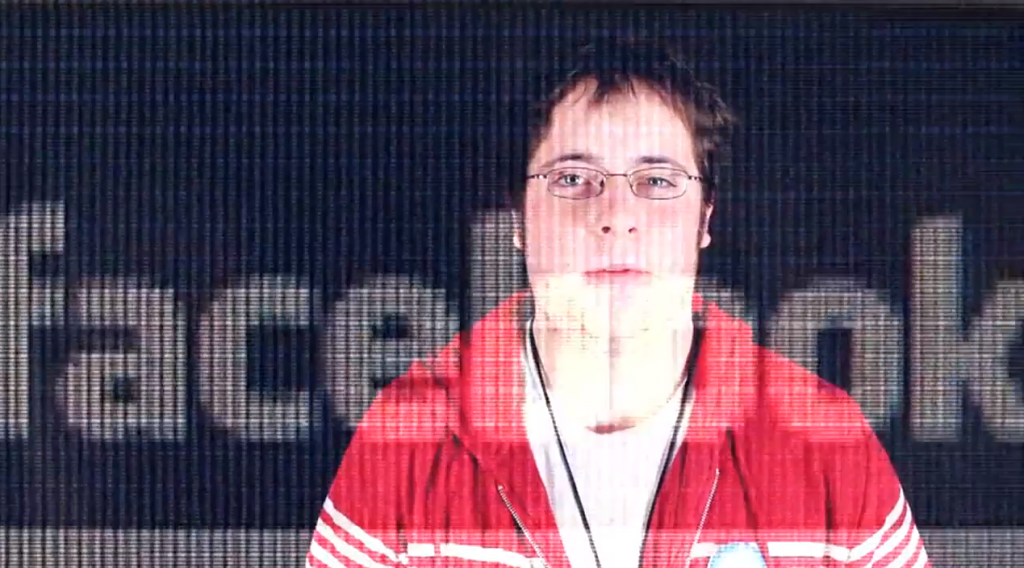PRE-VIEWING ACTIVITIES
I can’t live without you!
- Tell your students to think about 3 different things they can’t imagine living without. Discuss what the reasons are behind their choices.
- After discussed students’ opinions in the group, raise the following provocative issues:
- Could you imagine living without money?
- What about living without the Internet?
- Ask students to elaborate on these matters in smaller groups.
Brainstorming
- Put the following expression on the board:
- On the right side of the board put the word advantages, on the left side put disadvantages.
- Ask students to collect words, chunks of words that come to their minds whenever they hear the above expression, thinking about the advantages and the disadvantages of it as well.
Key Lexis
- Check students’ understanding of the following key vocabulary: multitasking, word of mouth, do something on one’s own free will, procrastinate, dependent on electronic communication, feel disconnected, lonesome, have the craving for something, drain a lot of time away from somebody
- Ask students about a typical context for these vocabulary items.
POST-VIEWING ACTIVITIES:
Checking understanding
Create the narrative of the documentary together in the group: everybody in the group has to say one advantage or a disadvantage of the experiment formulated in the clip. If the teachers starts with an advantage, the first student needs to say a disadvantage, then the second student recalls an advantage and so on. Try to make students focus on what was in fact uttered in the video.
Example sentences:
- Somebody liked the idea of the experiment, because……
- It seemed not to be doable for some in the clip, because…….
- According to a participant, one of the greatest outcomes of the experiment could be that……
- Social networking is incredibly useful according to a student, because……. so he/she did not think the experiment made much sense.
Ask for students’ habits!
- What are some of your most preferred social network sites?
- How many times do you check your email account or your Facebook a day?
- How much time do you spend a day checking your Facebook wall?
- Do you automatically open your social network/email accounts whenever switching on the computer? Why/Why not?
- Has it ever happened to you that you could not check any of your accounts? How did you react to this condition?
Reactions
- What do you think of the statement?
- Divide the group in two smaller groups and facilitate a debate, with one group thinking that the statement is true, the other arguing why it is false.
Let’s Log Out, shall we?
Try the experiment in the group: how long can students live without Facebook?
Extra
Read about Paul Miller’s experiences, who decided to have a break from modern life, so he went offline for an entire year!
This eLesson was created by Orsolya Nagy (Hungary). She is a teacher trainee at ELTE University in Hungary. She has also studied at a liberal arts college in the US, focusing on Educational Studies. There she worked as an academic mentor in a middle school and this experience helped shape her major fields of academic interest, which includes teaching culture and dealing with cultural diversity in the classroom.


This is fascinating!!! Watching the clip it really hits you how attached we’ve all become to being on-line. I think it’s really important to think about the consequences and to become aware of how our life is changing as a result. Watching the clip, listening to the many voices and then reflecting on the message, talking it though with a group as the follow-up activities suggest is an excellent way to raise awareness of this very important issue.
This unit was put together by a Hungarian teacher, Orsolya Nagy. Thanks, Orsi, for this excellent contribution!!!